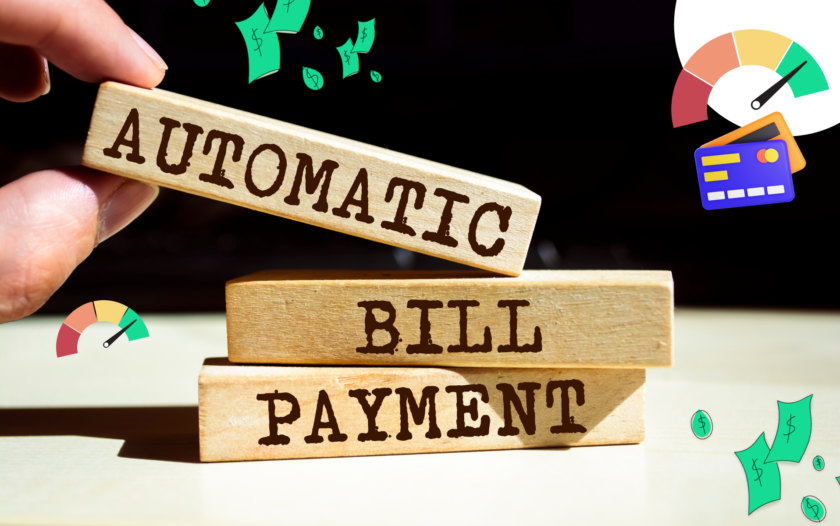Does Autopay Affect Your Credit Score?
About Megan
Megan Brame is a five-time award-winning content strategist whose content centers around helping others develop a better understanding of finance and marketing. Her website is https://bramecreative.com
Read full bio
At a Glance
Setting up automatic bill payments for your credit cards is an excellent way to stay on top of your debt. While it doesn’t actively affect your credit score, ensuring your bills are paid on time will prevent you from ever getting a late payment on your credit score. Since late payments are the most critical factor affecting your score, it’s essential to make sure you’re always paying on time.
In this article, you’ll learn:
How autopay can help your credit?
Automatic payments provide peace of mind, ensuring your bills are paid even if you forget! Additionally, making timely monthly payments will show creditors that you’re a responsible borrower, which can improve your credit score over time.
However, keep in mind that automatic bill payments won’t necessarily boost your score overnight. Instead, think of it as a way to maintain good habits and avoid negative marks on your report. So if you struggle with remembering to pay bills on time or want to simplify your financial life, setting up automatic bill payments is a smart move that could benefit your credit score in the long run.
How autopay can hurt your credit score?
Autopay won’t negatively affect your credit score unless the scheduled payment cannot be completed. This could be caused by your checking account having insufficient funds, a wrong account number added to your autopay details, an amount lower than the minimum required being posted, or if you’ve set up an expiration date for your autopay and didn’t make a manual payment in its place.
If that happens and you don’t take the time to correct things, you could get hit with a late payment added to your credit score. Since late payments account for 35% of your total score, this is something you don’t want to have to happen.
That said, most credit card issuers won’t notify the credit bureaus until payment is over 30 days late, so fixing things as soon as you notice may help you avoid seeing your credit score drop.
What to watch out for when using autopay?
When using autopay, it’s crucial to monitor your accounts regularly. Check that the scheduled payments are going through correctly and that you have enough funds in your account to cover them. You should also ensure you’re paying the correct amounts, as an error could lead to a lower credit score if you’re not paying off enough of your balances.
FAQs
Most card issuers make setting up autopay extremely easy. You can contact the issuer directly using the phone number on your card or logging into your account online. In your online portal, head to the “Payments” section. There you should find instructions for setting up autopay and scheduling payments.
Autopay is an excellent feature for those who struggle with remembering dates, as getting a late payment added to your credit score can have serious consequences. However, it’s important you ensure you have the correct details added and that there are always enough funds in your checking or savings account the autopay withdraws from.
Most card issuers will have the option that lets you schedule autopay for your due date or a date of your choosing, as long as it’s before the deadline. Some cardholders like to schedule autopay a few days before the deadline just to ensure everything posts on time and that errors can still be corrected before the cutoff.









